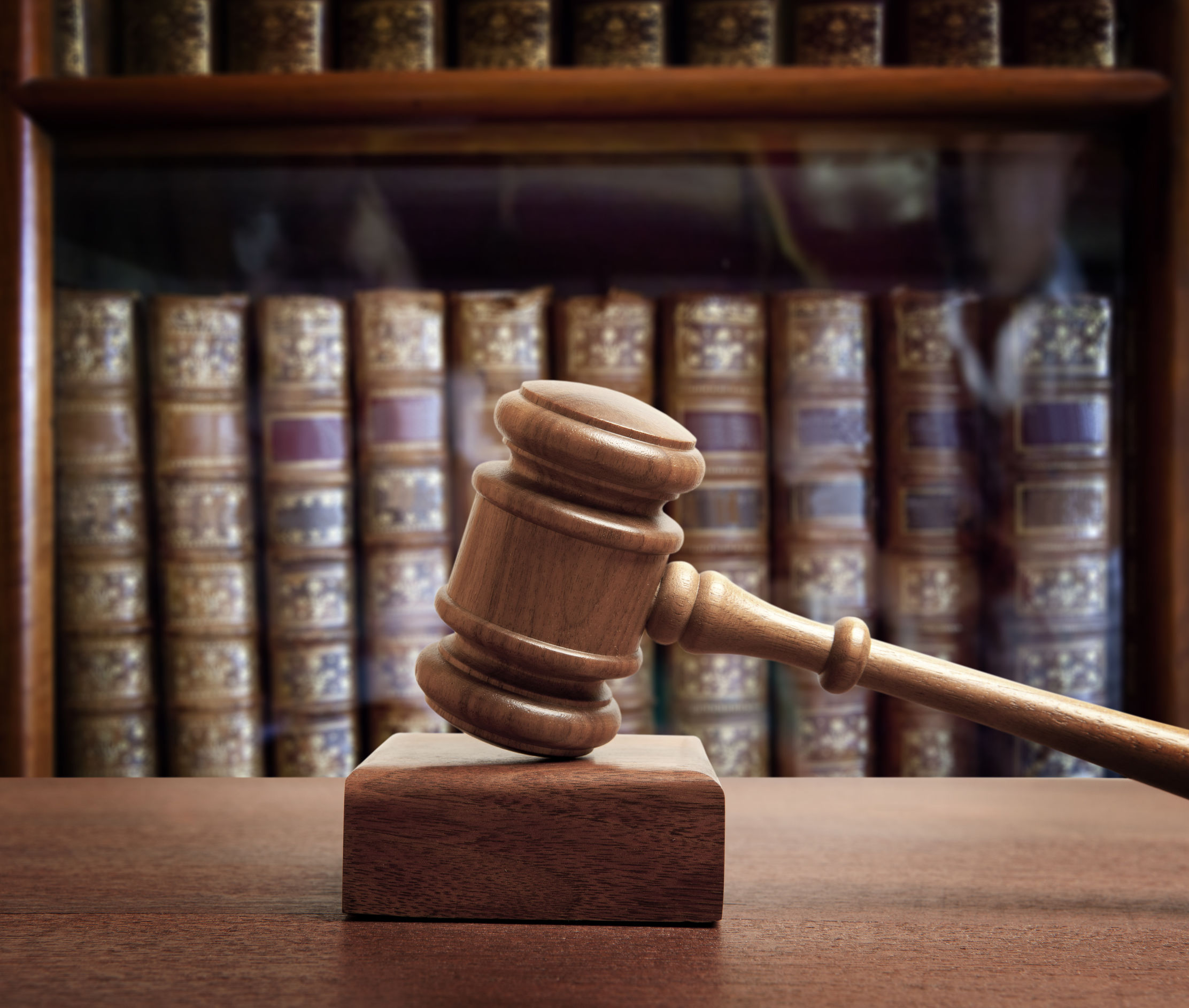 Following is the ninth in a series of posts from Parker Taylor Law Group reflecting recent changes to the California Bar Association’s Rules of Professional Conduct (RPC), under the category of “Lawyer-Client Relations” – related to the “use of a current client’s information.”
Following is the ninth in a series of posts from Parker Taylor Law Group reflecting recent changes to the California Bar Association’s Rules of Professional Conduct (RPC), under the category of “Lawyer-Client Relations” – related to the “use of a current client’s information.”
The Rule of Professional Conduct is as follows:
Rule 1.8.2 Use of Current Client’s Information
A lawyer shall not use a client’s information protected by Business and Professions Code section 6068, subdivision (e)(1) to the disadvantage of the client unless the client gives informed consent, except as permitted by these rules or the State Bar Act.
Change:
Sixteen of the CBA’s new RPCs are new, in that they are not cross-referenced by the CBA to the prior RPC, and seven of those can be found in Chapter 1 (Lawyer-Client Relationship). One of them, Rule 1.8.2, is only one sentence long, and echoes what ethic experts, published decisions and secondary sources have long stressed: An attorney must protect his or her clients’ confidential information and adequately disclose facts so they can make informed decisions!
As set forth above, the rule states that a lawyer shall not use a client’s information, which is protected by Bus. & Prof. Code § 6068, subd. (e)(1) to the disadvantage of his or her client, unless the client gives informed consent (“Informed consent” has been briefed and discussed extensively in numerous decisions and sources. Simply stated, your attorney must properly disclose all material facts that could adversely impact your rights, protect your confidential information and try and ensure you understand your rights.)
In the American Bar Association (ABA)’s RPC, Rule 1.8(b) is the rule corresponding to the CBA’s Rule 1.8.2. With the exception of the CBA’s mention of the Business and Professions Code, the wording between the two RPC’s is almost identical.
The information provided herein is informational only and should not be construed as legal advice or as an agreement for representation. This is not an advertisement. If you have an issue or dispute with your attorney, or are seeking advice with respect to your obligations, you should consult with an experienced attorney. Parker Taylor Law Group is a full-service litigation and transactional law firm. Mr. Parker has represented clients in professional malfeasance disputes for over 22 years. If you would like to schedule an initial consultation with Mr. Parker or his team, you can reach them at 916/996-0400 or at contact@parlawgroup.com. (An email to the law firm requesting a consultation does not create an attorney-client relationship or any agreement for representation by the firm.)

